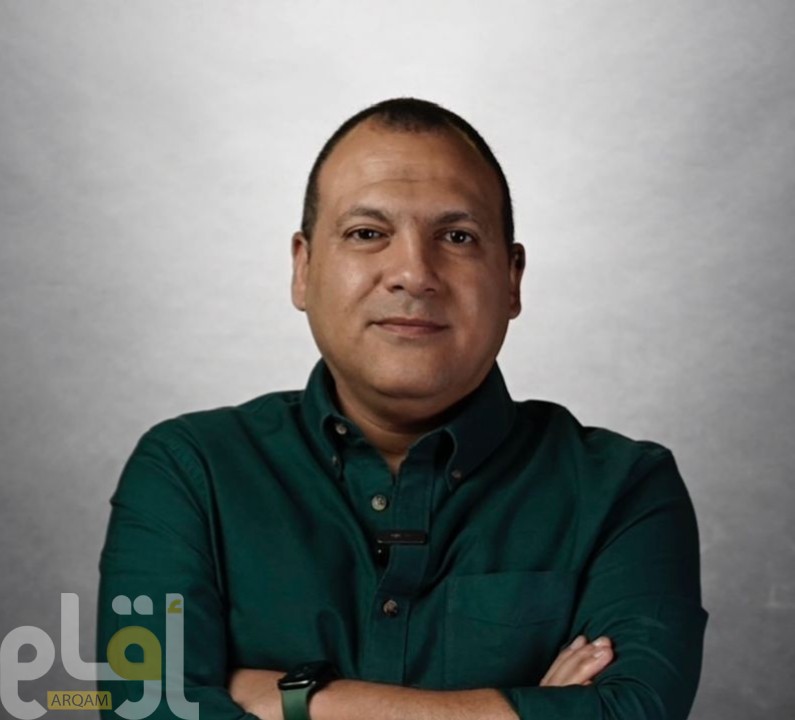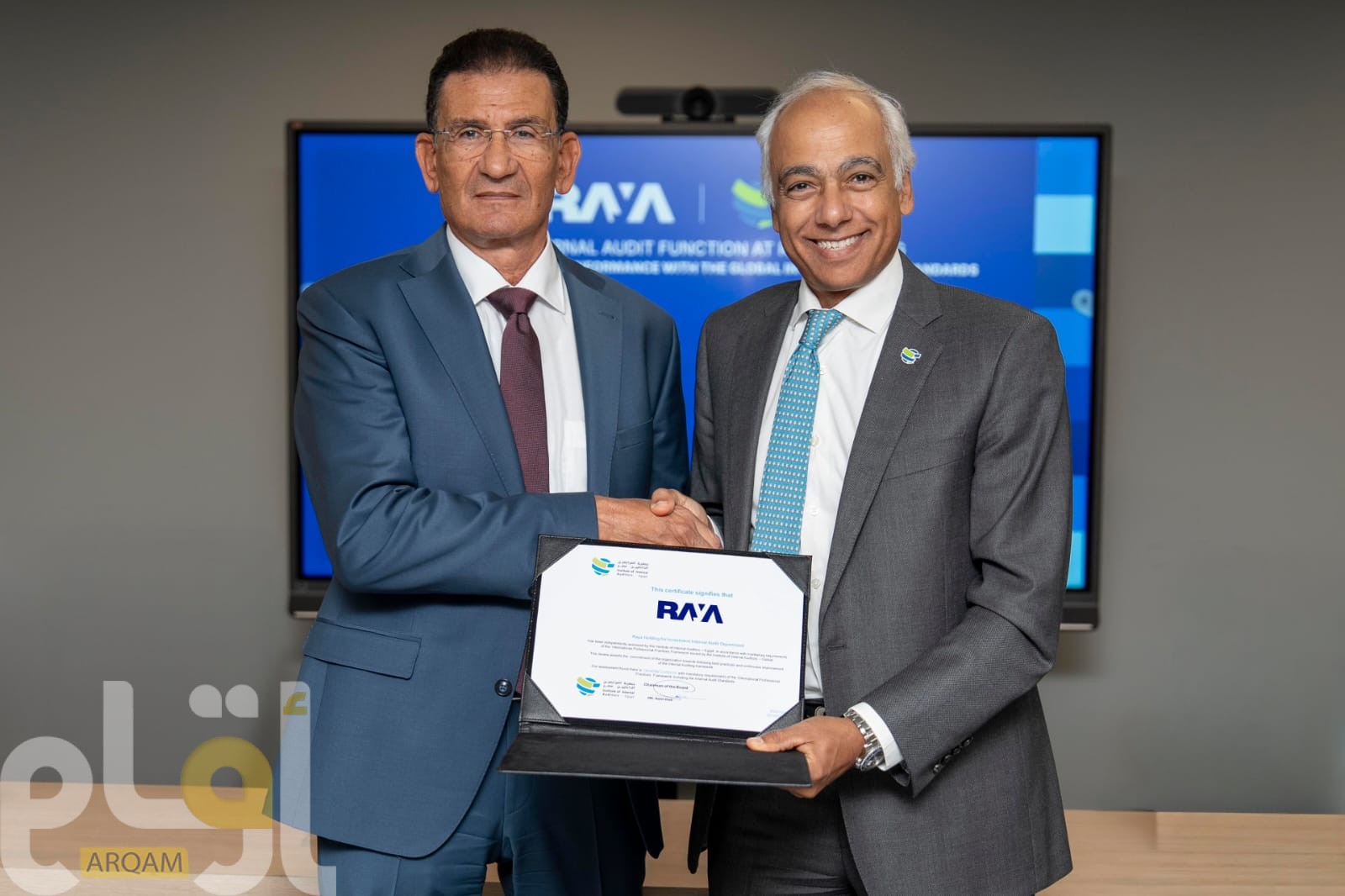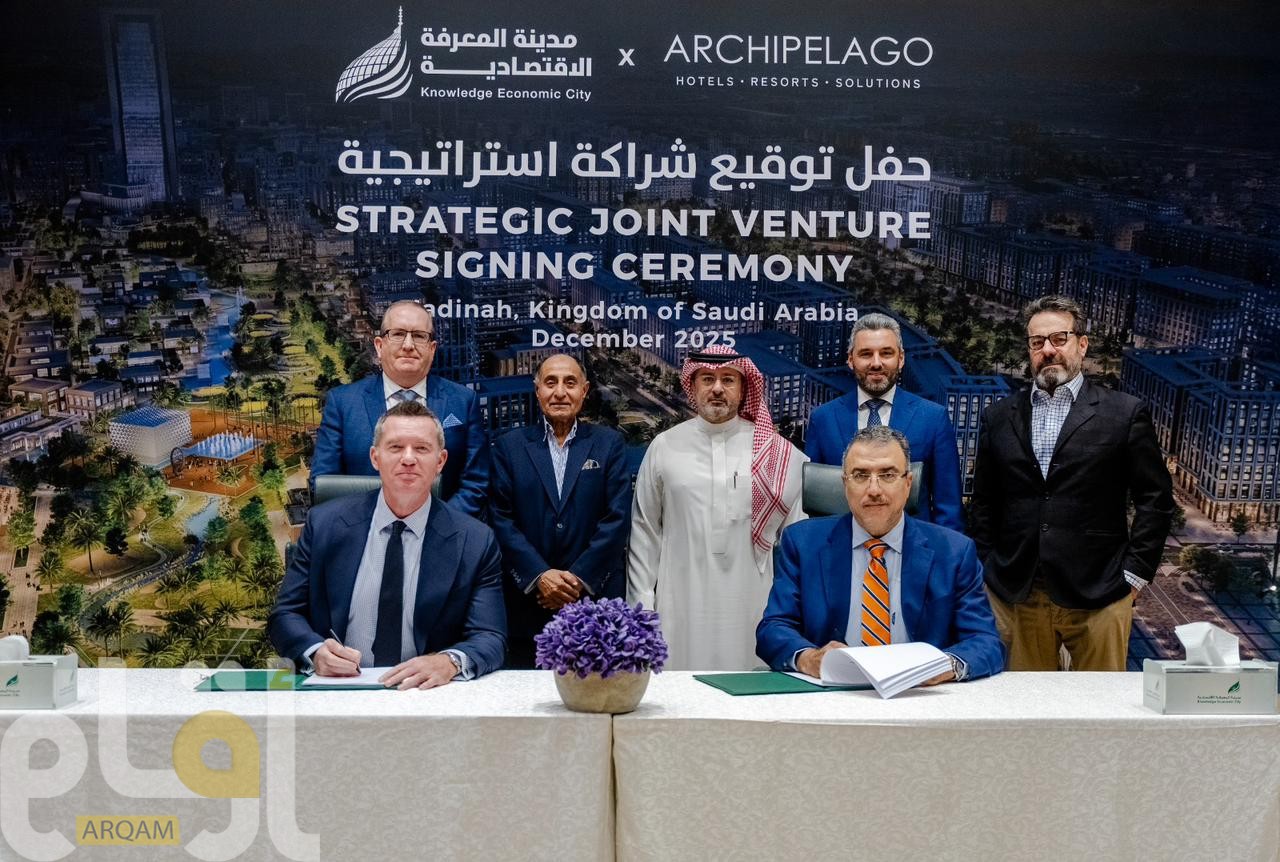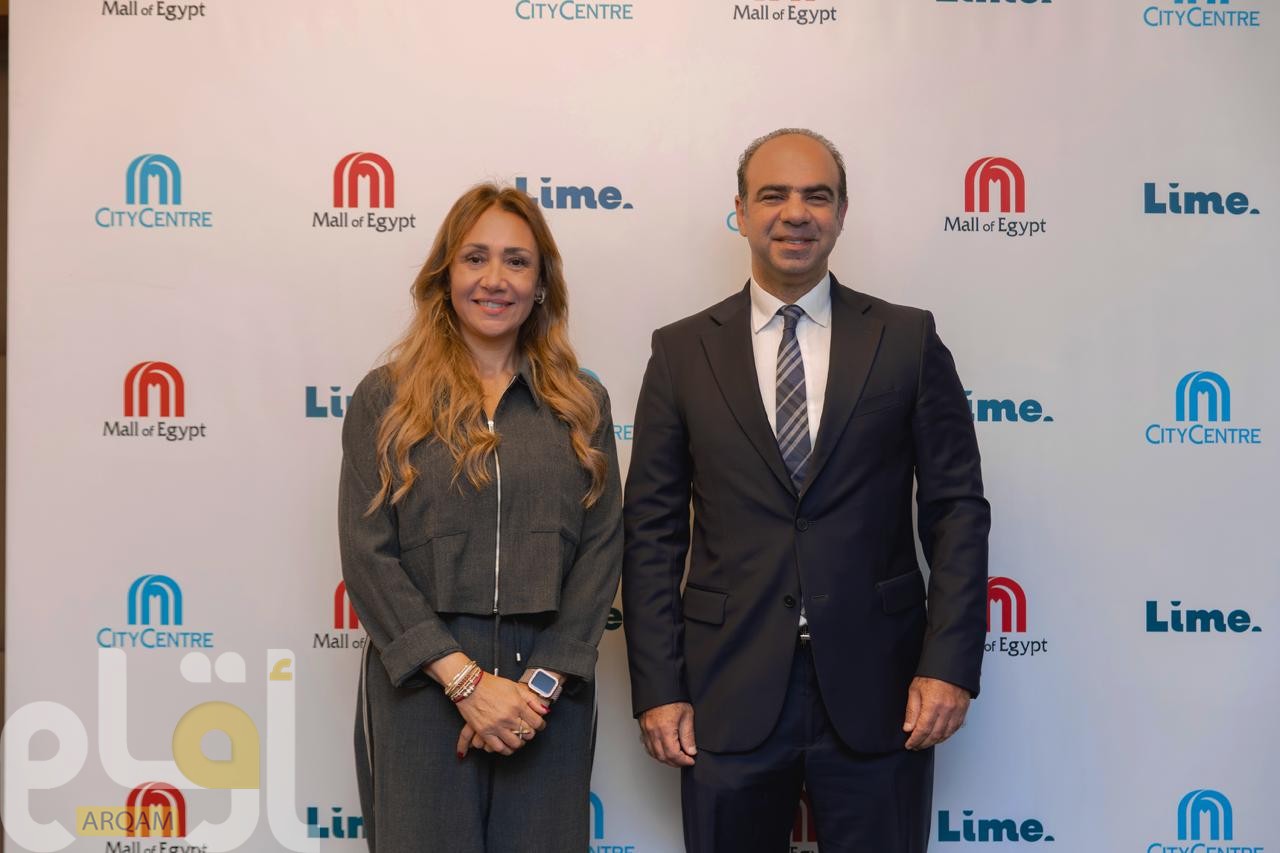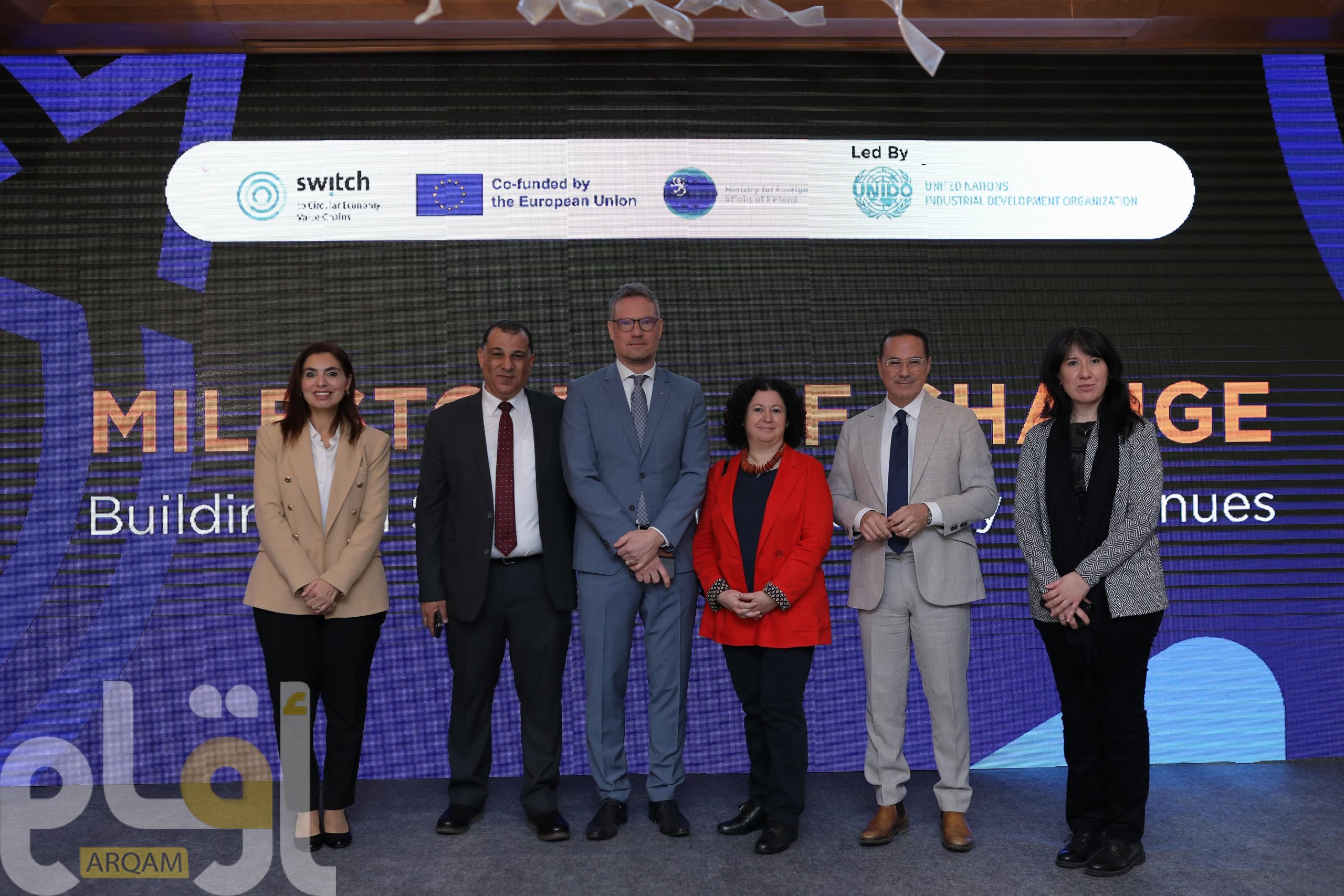Dr. Mohamed Abdel Gawad, CEO of Vantage Developments, emphasized the need to restructure Egypt’s mortgage finance system to become more inclusive and flexible, in order to support developers and expand homeownership opportunities for citizens.
His remarks came during the the Akhbar Alyoum Real Estate Conference, attended by top developers, government officials, and key real estate regulators.
In a session dedicated to financing tools, Dr. Abdel Gawad stated: “There can be no real estate development without sustainable, flexible, and inclusive financing that serves both developers and buyers alike.”
He called for the reactivation of mortgage financing for under-construction units, which was suspended in the aftermath of the 2008 global financial crisis. He noted that today’s market conditions are far more mature and conducive to implementing such financing schemes.
“The suspension of off-plan financing was reasonable at the time, but today’s more stable, regulated market allows for its revival with safeguards like escrow accounts, phased execution, and technical oversight,” explained Dr. Abdel Gawad.
Dr. Abdel Gawad also referred to Decision No. 57/1 of 2007 by the Financial Regulatory Authority, which set the framework for mortgage finance, including property valuation standards, income-to-loan ratios, and transparency requirements.
Dr. Abdel Gawad stressed the importance of a transparent developer classification system to help banks assess financial reliability and rebuild trust with the real estate sector.
On financing costs, Dr. Abdel Gawad pointed out that Egypt offers competitive interest rates under Central Bank initiatives, ranging from 3% to 8%, with repayment periods up to 30 years. However, access remains limited, as mortgage loans account for only 3–4% of total bank credit, despite the real estate sector contributing approximately 20% of GDP.
“There’s a gap between the sector’s economic importance and the volume of credit it receives. We need alternative instruments such as “sukuk”, real estate investment funds, and participatory financing, along with stronger incentives for banks to increase exposure to this sector,” he said.
Dr. Abdel Gawad highlighted the mortgage barriers facing informal workers and freelancers, stressing the need for flexible credit assessment models based on spending habits and banking behavior, as many are excluded due to lack of traditional income documentation.
Abdel Gawad stressed that tools such as Real Estate Investment Trusts (REITs) and shared ownership models could transform real estate financing, provided they are practically implemented and linked to viable investment projects.
He also noted that “Fractional” Real Estate models are intelligent solutions to attract new investor segments, particularly in the tourism and administrative sectors.
In conclusion, Dr. Abdel Gawad urged streamlining government fees to ease the burden on developers and buyers caused by fragmented and inconsistent charges.
He concluded by saying:“What we’re discussing today is not just policy—it’s a market necessity. The demand is there, the capital is available, and what’s missing is connecting the dots through regulation, innovation, and transparency.”








